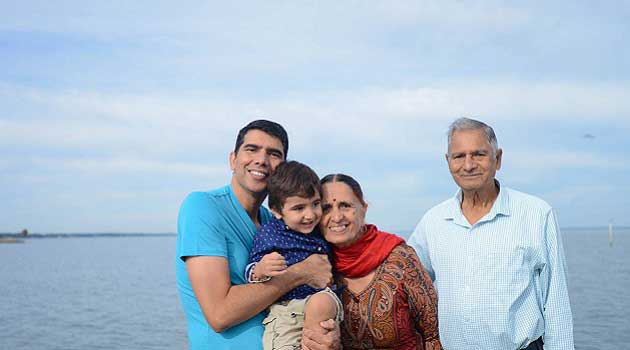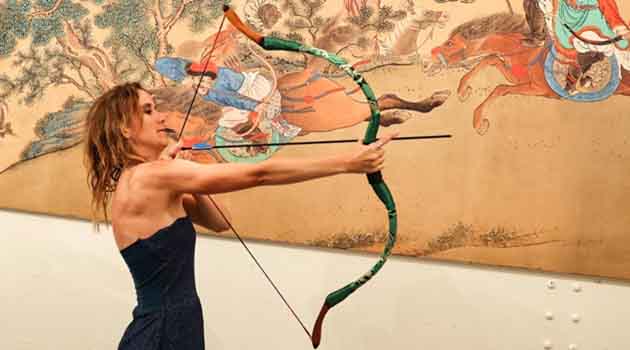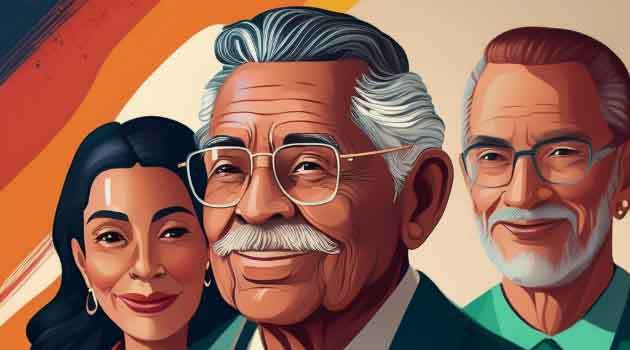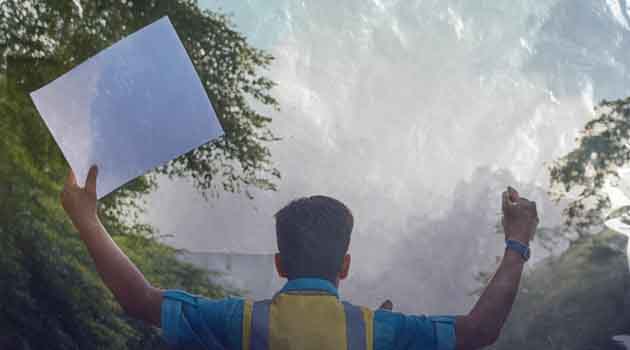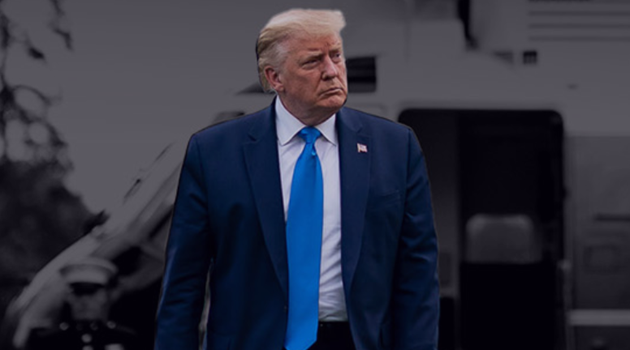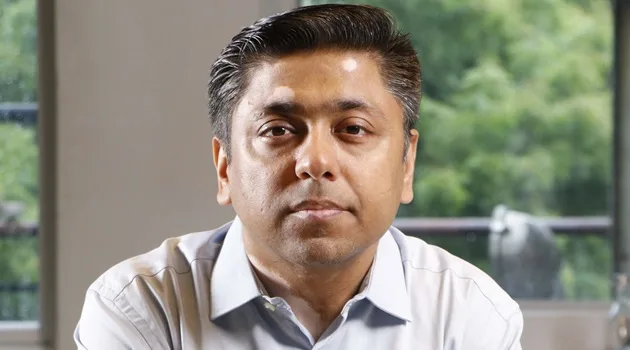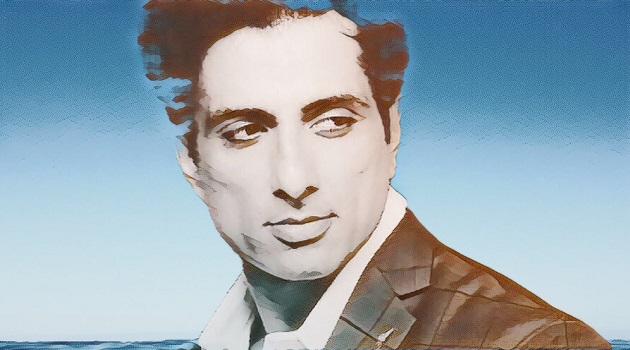Can you tell us about your healthcare response to elderly people aged over 60 years, particularly in light of the brutal second wave of Covid? Must we know that it is our duty to provide suitable facilities, as well as food and specialized medical care, for elderly individuals who lack them and are unable to provide them for themselves.
The elderly constitute a significant population, in our homes and neighbourhood. Yet, their health issues have been ignored even in the post-Covid-19 era. It is high time when future development of services for older people needs to be tailored to suit the health systems context.
Let’s take a look at low-income families, in particular. We find that there’s lack of economic and human capital to contemplate widespread introduction of specialist services if they exist at all in their communities.
To start with, why not take up the most cost-effective way to manage elderly people through supporting, educating and advising family caregivers. The next level of elderly care can be prioritized by ensuring day centres and residential homes.
The objective behind such efforts should be to improving care for older persons by creating a climate that is conducing to their comfortable living. Since better awareness is a necessary precondition for any move to uplift health care, appropriate interventions are needed from the educated society.
At the Nikkei’s Global Management Forum in Tokyo, Google Japan President Shinji Okuyama said the company aims to focus on developing and offering technology that supports Japan’s aging society. “It is our responsibility to enable elderly people to maintain good health and access necessary information or jobs through our technology,” he said.
The United Nations General Assembly has declared 2021–2030 the Decade of Healthy Ageing
In India, the government, the private sector, the academia, the media, and the medical institutions need to work together if we want to create a society where elderly people can enjoy more health and happiness as we celebrate our knowledge and success.
If our elderly can experience extra years of life in good health and if they live in a supportive environment, their ability to do the things they value will be little different from that of a younger person.
WHO: The pace of population ageing is much faster than in the past
Biologically speaking, ageing results from the impact of the accumulation of a wide variety of molecular and cellular damage over time. This leads to a gradual decrease in physical and mental capacity, a growing risk of disease and ultimately death.
Beyond biological changes, ageing is often associated with other life transitions such as retirement, relocation to more appropriate housing and the death of friends and partners.
Some common conditions in elderly include hearing loss, cataracts and refractive errors, back and neck pain and osteoarthritis, chronic obstructive pulmonary disease, diabetes, depression and dementia.
Indian traditional society with its concept of joint family system was a strong pillar in ensuring the security and well being of the elderly. But modernization and globalization has led to nuclear families where individualistic thoughts among the younger people often encourage them to live independently and this adversely
disturbs the living arrangements of the elderly.
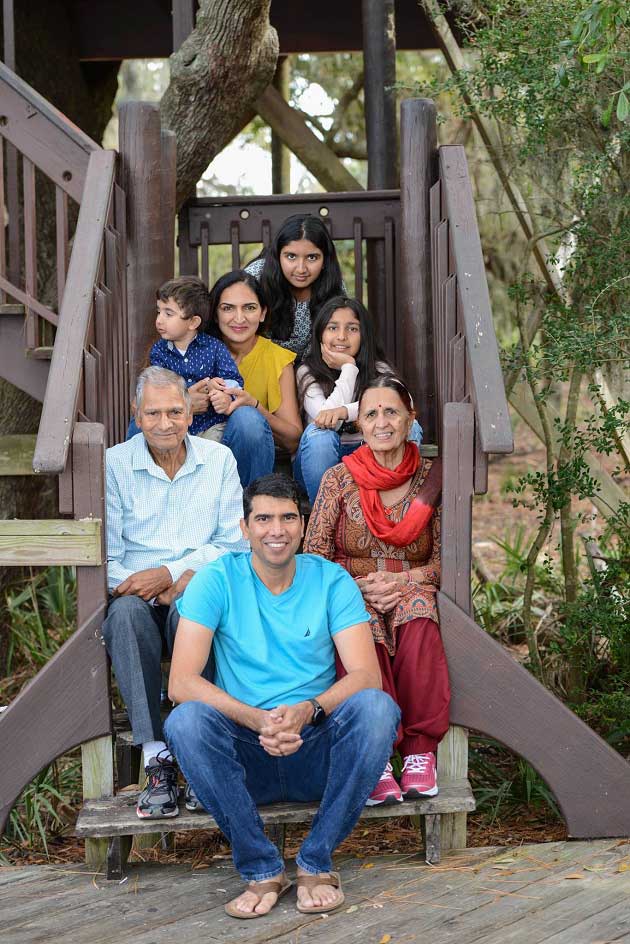
While interacting with a sizeable group of elderly population in different Indian cities a Hindi news website Bharat Bolega found that despite nuclear families, grandparents still love to take care of grandchildren.
It is pertinent to quote a communique from the National Human Rights Commission (NHRC) that mention the data released by the Ministry of Health and Family Welfare. According to the data, about 53 per cent of the Covid-19 victims in India were aged 60 years and above.
Then, how would you respond to the Agewell Foundation’s Survey Report on the “Impact of Covid-19 lockdown situation on Older Persons” that said ‘the lack of treatment of non-Covid ailments in hospitals adversely affected the health of elderly persons’.
India has more than 100 million people aged above 60 and the number is increasing daily. Almost 320 million Indians will be older than 60 by 2050. While the current situation is feasible, caring for the old generation in the future poses a greater question.
The NHRC communique cites researches that state that due to the mandatory self isolation for the elderly persons to curb the spread of the virus, the elderly became more vulnerable to mental health issues such as loneliness, depression and anxiety.
During the pandemic, a review conducted by the International Long Term Care Policy Network in India also showcased the extra strain placed on families when their older relatives contracted Covid-19.
To add to this, Helpage India conducted a nationwide survey and stated that COVID lockdown has impacted the livelihood of 65 per cent of elderly population and this has increased their dependency on their family members and caregivers.
How can health care be reconfigured to accommodate the needs of an aging population?
Many international companies are developing home technology for old and disabled populations. Amazon has launched eldercare packages through Alexa. Kinova, a Canada-based robotics company, helps people with mobility issues with its robotic arm products.
Labrador Systems, a US-based tech company, introduced two personal robots, the Retriever and the Caddie, to assist in household chores. Researchers are looking forward to developing robotics to improve care for the older generation in Japan.
The Indian Council of Medical Research (ICMR) is working on various projects in the field of aging and health. The focus is to develop affordable assistive technology for disabled elderly.
Health and safety are the major concerns for elderly people. Various health apps and fitness bands allow them to ensure overall wellness through regular check-ups and emergency notifications. But, positive steps should be taken to make these accessible to everyone.
Isolation issues can be tackled through chatbots like Alexa and Siri which allow hands-free calling and messaging services. Robotics and AI can ensure that senior citizens get the quality of life they deserve.
The use of various kinds of technology can assist caregivers to focus on tasks that need a human touch. With the help of devices monitoring vital signs, caregivers can divert their attention and provide human companionship.
Must we remember that eldercare is not just healthcare. It encompasses many more things like empowering elderly people to live their lives independently. It is a means to build companionship and let our elders know that they are wanted. Their wisdom and experience are a great resource to society.
At some time in our lives, everyone of us will be living in an ageing society. If we are still unaware of the ways in which our ageing population’s health is failing, there is clearly a need for more aged care.
How about showing this message as your social media post or a tweet – Parents are next to God; the family must respect and treat them well.
